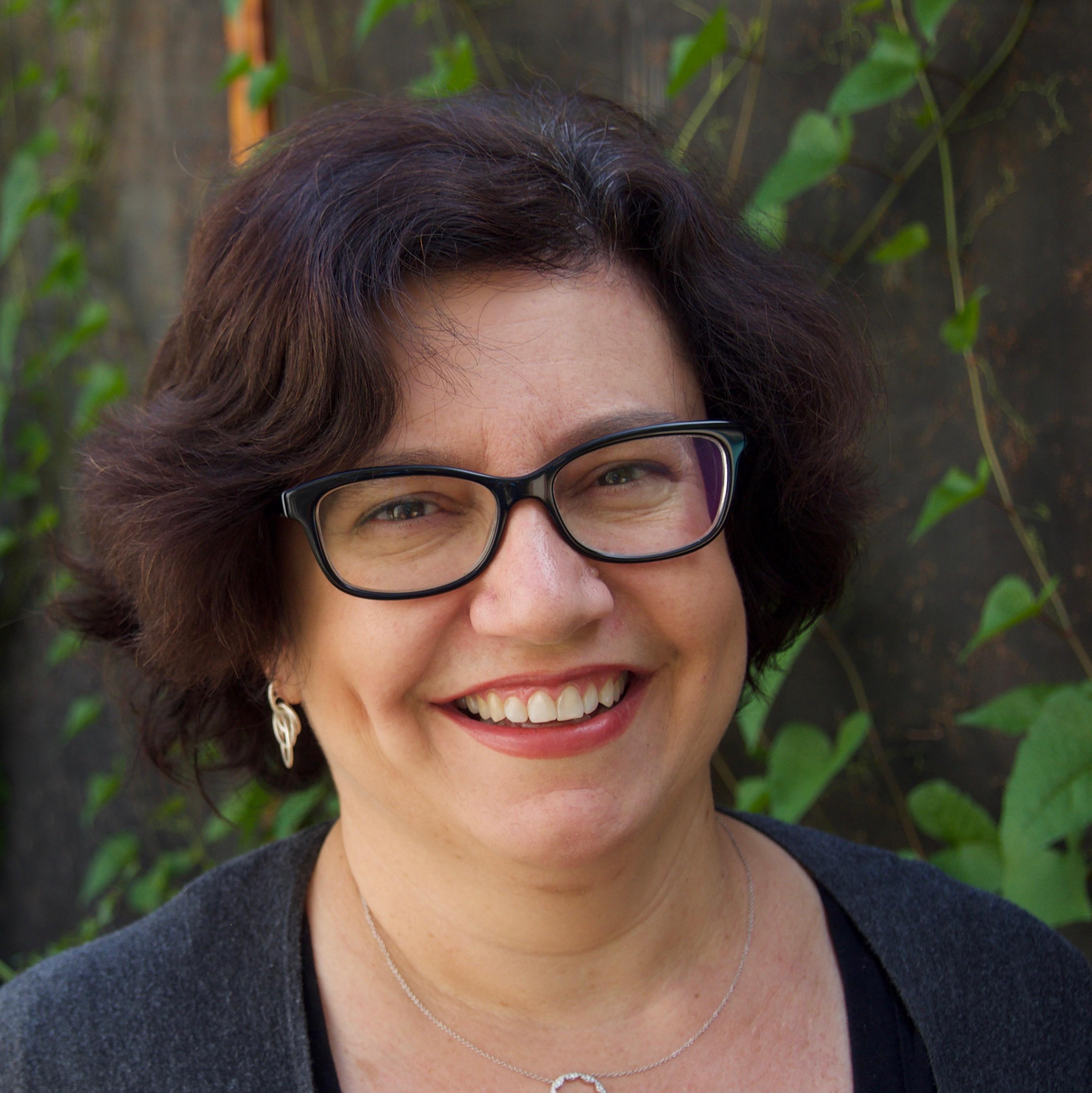Lisa Rezende is simply amazing. An Associate Professor of Practice in Molecular and Cellular Biology (MCB), Dr. Rezende also directs MCB’s Undergraduate Assessment and Integration, MCB’s Online Education, and has recently developed a new undergraduate certificate in MCB. Her accomplishments are extraordinary, so it is no surprise that Dr. Rezende has been awarded the 2022 Galileo Circle Copernicus Award.
“It is exciting!” Dr. Rezende exclaims about winning this award.
The Galileo Circle Copernicus Award is a very competitive, nomination-based accolade. It is one of the highest honors that the College of Science can bestow on its nontenure-eligible faculty. With teaching an extensive schedule of four online and three in-person courses, creating new classes, coordinating with faculty to develop colloquia that integrates research into curricula, and mentoring new teachers, it is easy to see why Dr. Rezende earned this recognition.
One of the classes that Dr. Rezende created and teaches is the online offering of introductory biology (MCB 181) lecture and wet lab. It was one of the first online wet labs at the university and paved the way for others to be developed. Her approach is also adaptive because during supply shortages, she added working with online biological databases to the syllabus. Students learned what the databases did and how to use them to find the information that they wanted to know. These skills are extremely valuable and ones that students might not learn until they join a research lab or enter the workforce. One of Dr. Rezende’s talents is teaching students skills that they might not learn elsewhere.
In this vein, Dr. Rezende developed a critical reasoning class (MCB 330) that teaches students how to read primary literature through an evidence-based program. The program is adaptive and sequential across the semester allowing students to build upon and gain more skills throughout the class. One of the benefits of this class is that Dr. Rezende creates a judgement-free space where everyone can learn. This helps to level the playing field for students coming to college from different backgrounds.
“I think this is my most innovative course. I love teaching it!” says Dr. Rezende.
With backgrounds in microbiology, immunology, biochemistry, and science communications, Dr. Rezende has so much to teach her students. However, beyond her knowledge of subject matter, she takes teaching to the next level by using evidence-based pedagogy. “Evidence-based teaching is valuable because you can see what you’re building upon from someone else. You can make hypotheses and predictions that something else will work and tinker in a systematic way to help course development,” says Dr. Rezende.
Not only does Dr. Rezende improve student education, but she also helps the public better understand scientific information. As part of a media literacy program, Dr. Rezende along with Julie Huynh assessed breast cancer news and communicated how relevant it was to people with cancer. They wrote lay summaries of the research that included an explanation of the types of breast cancer that the research was relevant for and gave it a score for how close it was to being in the clinic. They would also score the media reports for how accurate the research was portrayed. This work is extremely valuable to understanding research and its implications. Dr. Rezende is currently developing a science communications class to teach these skills.
Dr. Rezende is exemplary in all her efforts and represents the best of the university. She is an outstanding recipient of the 2022 Galileo Circle Copernicus Award. Congratulations!





